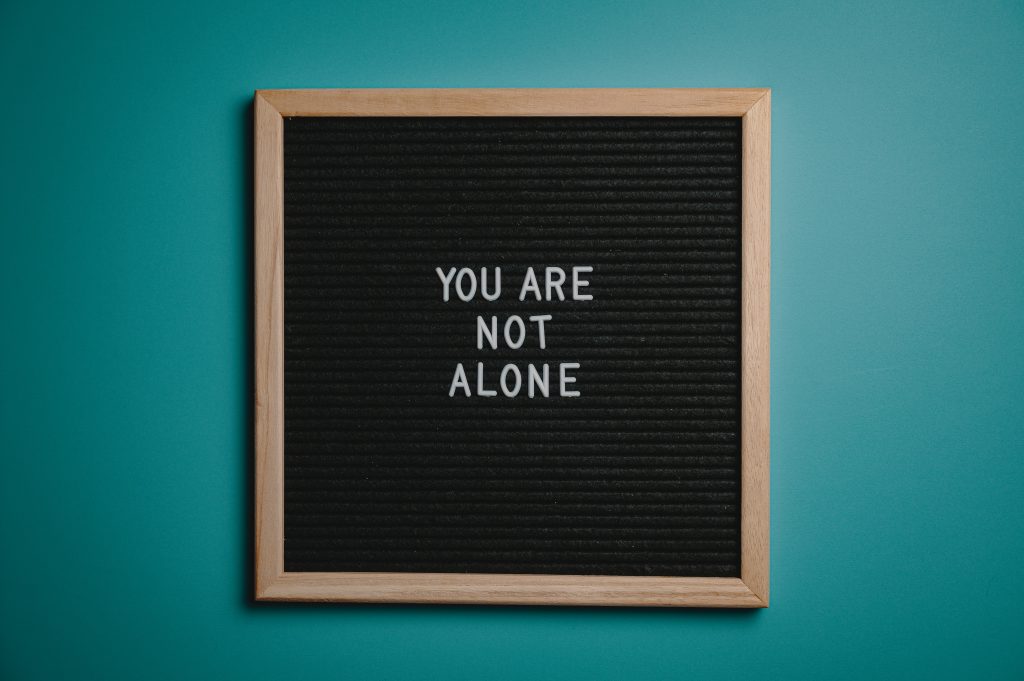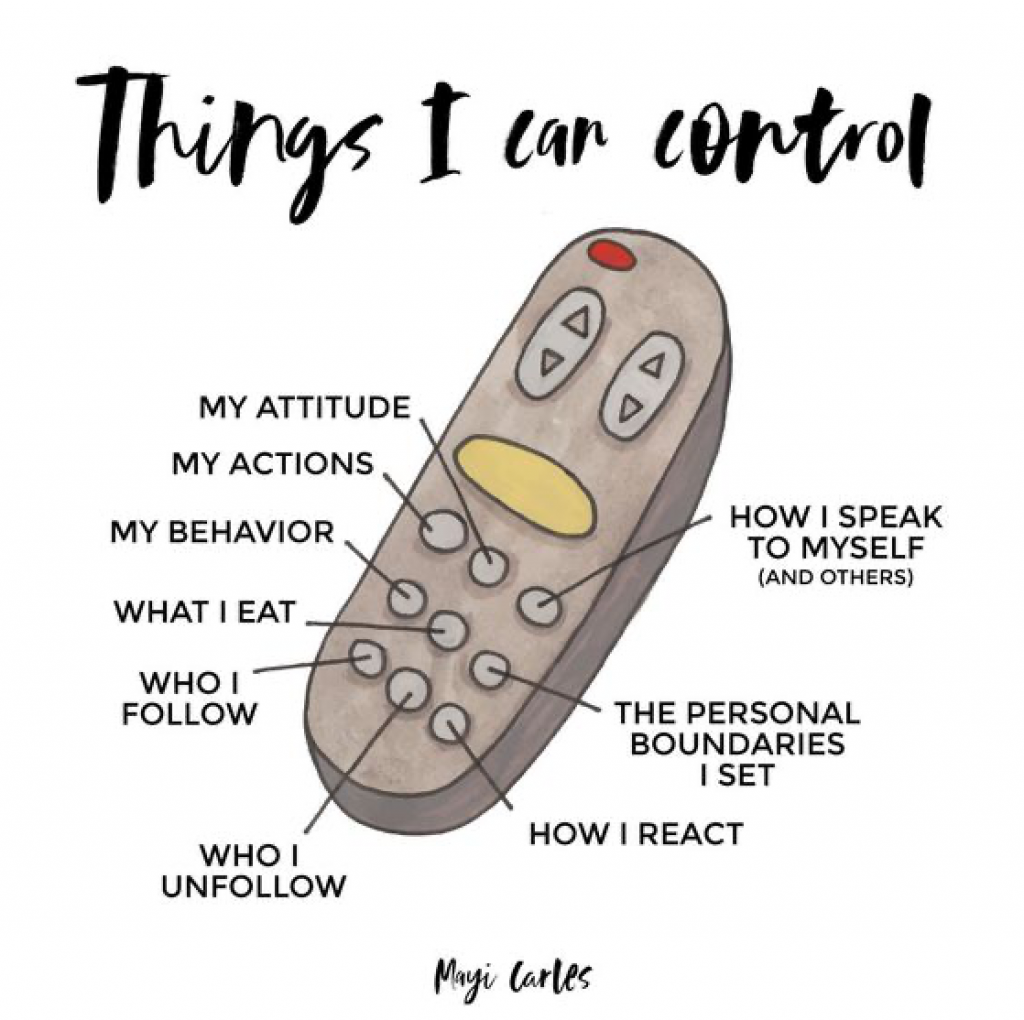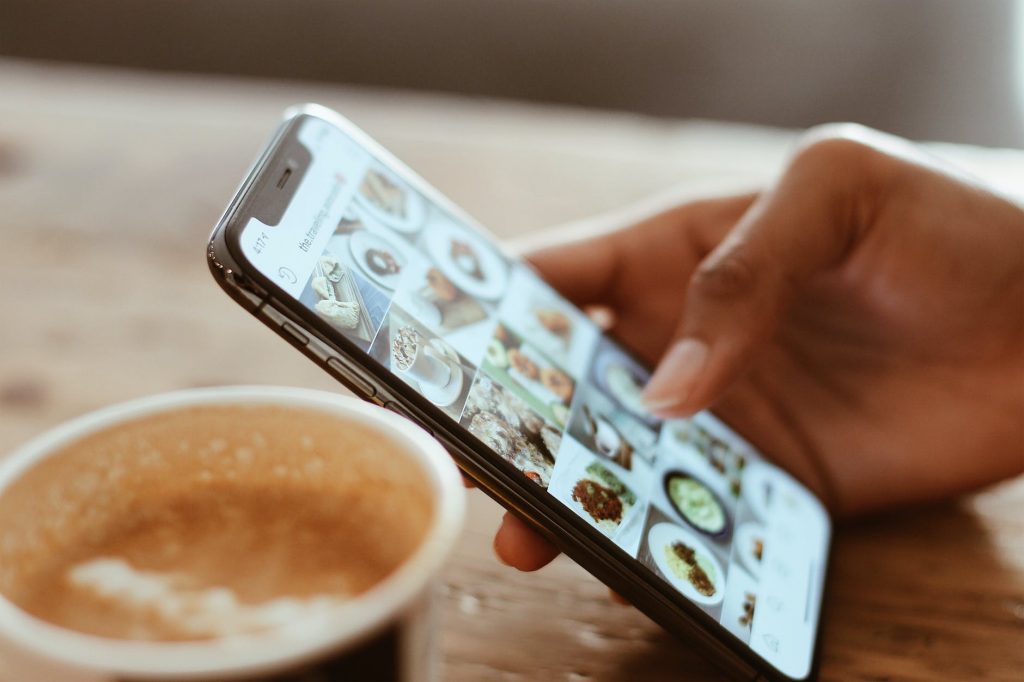Cultivating Your Mental Health in the Midst of Uncertainty

When people hear the term physical health, they typically note that it refers to a full spectrum of health that can be positive, neutral, and negative. For example, physical health includes exercise, diet, medical treatment, etc. However, mental health is often not recognized as a full spectrum term. When the term mental health is used, many people associate it with a negative connotation such as mental illness, emotional distress, and even a psychological diagnosis. But, similar to the term physical health, mental health is all-encompassing and refers to a full spectrum of health considerations. Mental health includes emotional, psychological, and social well-being. It also helps determine how we handle stress, relate to others, and make choices (source: MentalHealth.gov). With this in mind, it is important to recognize that our mental health can be at a healthy level, an unhealthy level, and somewhere in between.
Mental health is impacted by a number of factors, including situations that may be out of our control. We are experiencing a clear example of this now, given the COVID-19 pandemic, which has flipped life upside down for so many. Routines and schedules have been altered. Future planning has been put on pause. Social connections with those we love and rely on have been limited and changed. Given all of this uncertainty, many people are recognizing changes in their mental health and seeking avenues to cope with all of the ongoing changes.
We all acknowledge this stressful and uncertain time but how can we cultivate our mental health when so much seems out of our control?
Acknowledge it!

The first step in taking care of your emotional well-being is to acknowledge how you are feeling. When we ignore how we are feeling, we don’t give ourselves the opportunity to move beyond those feelings. There are so many strong emotions when we are trying to navigate an uncertain time: anxiety, fear, sadness, anger, loneliness, boredom, etc. The list goes on and on. Acknowledge how you feel. Say it aloud to yourself and even to the people you trust most. You will likely find community among those around you who may be experiencing the same emotions.
Being mentally healthy does not mean that we don’t experience negative emotions. It means that we experience them fully – allowing ourselves to feel them and name them before we work to resolve them. This is key. Many people can acknowledge their feelings but dwell in them, never working towards finding healthy coping skills. When a person simply dwells on his/her/their negative emotions, one can feel stuck and often finds that the negative emotions intensify. So while it is necessary to acknowledge negative emotions, that’s just the first part.
Focus on what you can control

During a particularly stressful time, it is easy to make statements like “nothing is in my control” and “everything is going badly”. These statements may even feel true. However, even in the most uncertain times, it is important to focus on what is in your control and what steps you can take to cultivate your own mental health.
Healthy precautions and care – There are clear guidelines given by public health experts that provide details on conscious decisions each person can make to stay healthy during this time. Refer to these guidelines and make every effort to keep yourself healthy.

Limiting media exposure – Being informed is important, however, each person should recognize his/her/their own limit as to how much (and which) media to ingest. Between the various news platforms and social media (including reshared links that may or may not be accurate), there is a constant stream of information coming at us. Decide on a few reliable resources to go to for news updates (suggestions include the Centers for Disease Control and Prevention (CDC), the World Health Organization (WHO), and the North Carolina Division of Public Health (or your state’s department of public health if you are outside of NC)). Set a scheduled time once a day or once every few days that you check these sites and make a conscious effort to limit media exposure outside of that scheduled time.
Interactions with others – We all have friends and family who tend to focus on the negative and it’s important to recognize that you may have to limit interactions with these people when you need to prioritize your own well-being. On the contrary, we all have people in our lives who help us feel positive, encouraged, and supported. Lean on those people for community and positive thinking! Even with current social distancing restrictions, you can interact with friends, family, and loved ones through a variety of technological means (text, calls, video chats, FaceTime, emails, and social media).
Activities that you enjoy – There may be some activities that are restricted to you right now but there are likely still some activities available to you that you enjoy. Love music? Go outside and listen to encouraging songs by your favorite artist. Enjoy being outside? Go on a walk and FaceTime a friend during your stroll. Love to cook? Try out your own version of the television show Chopped by choosing four random ingredients in your pantry and challenging yourself to make a delicious meal out of them. Like talking with friends? Schedule a Google Hangout or Zoom call with your closest friends.

Gratitude – Whether you are experiencing the highest of highs or the lowest of lows, gratitude is essential in cultivating your mental health. Begin and end your day with a list of at least three things in your life that you are thankful for. They can be anything – significant or insignificant, free or expensive, people or things. Feel free to use meditation (done on your own or with an app) if that helps or to talk through your gratitude list with your friend (and invite them to share their gratitude list with you, as well!). Gratitude is a powerful tool that sustains people regardless of circumstances.
Finally…
Recognize that cultivating your mental health is ongoing. Just because you acknowledge your feelings and center your focus on what is in your control one time does not mean that you won’t have to do it again. In fact, you may find that you have to do this multiple times in one day! Be kind and patient with yourself. Also, remember that while you need to take care of yourself, you are not alone. If you want or need additional support beyond friends and family, consider reaching out to your insurance provider to get information about in-network counselors/therapists (many of whom are offering virtual sessions during this pandemic).
Most importantly, trust in your resilience and your ability to overcome. Remember to love and care for yourself. Stressful and uncertain times will come and go throughout life. Cultivating your mental health prepares you to navigate whatever challenges come your way and to fully experience the happiest moments that will surely come, as well.
Resources
Emotional Well-being and Coping During COVID-19
Headspace (an app that is providing free services during the COVID-19 Pandemic)
Health and Wellness Activities During Challenging Times *Special thanks to Amelia, for sharing this resource!
Dr. Meleah Ellison is the Program Manager of the Wake Forest University College LAUNCH for Leadership Program. She has over a decade of experience working with youth in North Carolina. In addition to having her Bachelor’s Degree in Human Development and Family Studies from UNC Greensboro and Master’s Degree in Counseling from Wake Forest University, she earned her Doctorate in Organizational Leadership from Northeastern University. She is a Nationally Certified Counselor and her published dissertation is titled “I Want to Live in a Neighborhood Where I’m Not Scared”: The Mental Health Impact on Adolescents Exposed to Ongoing Community Violence.

